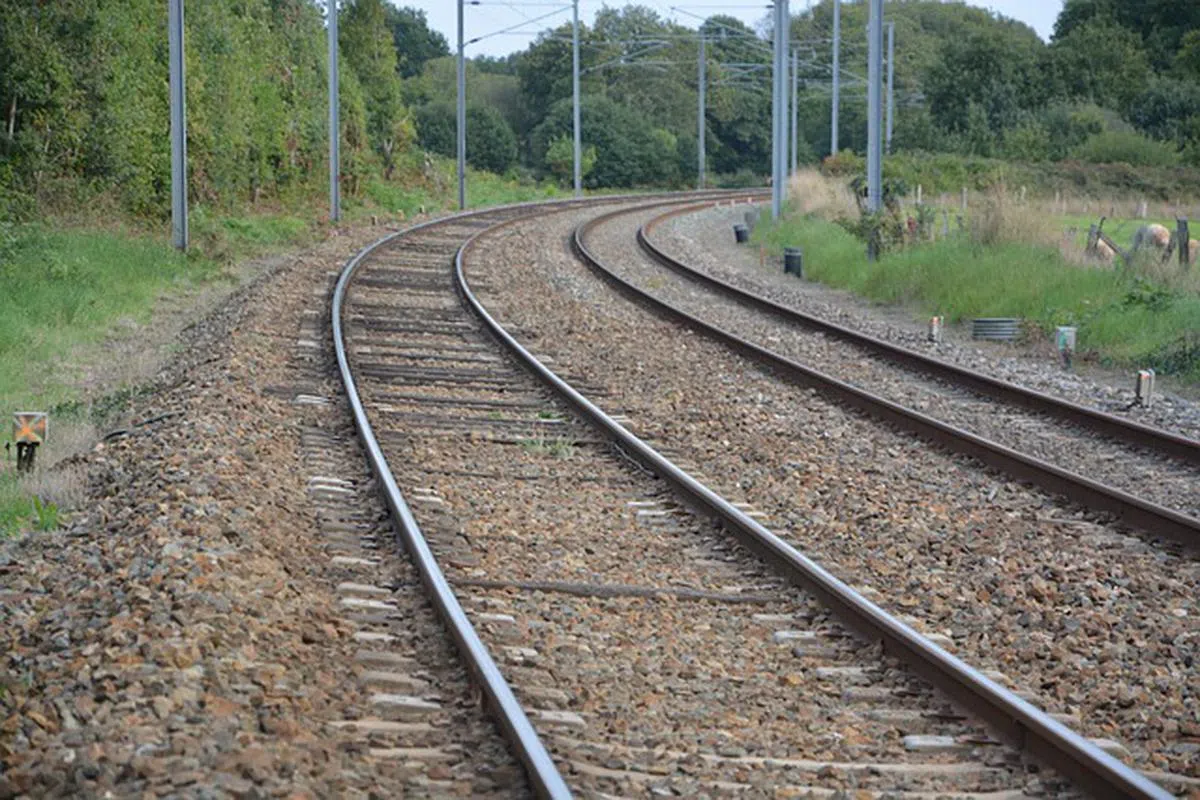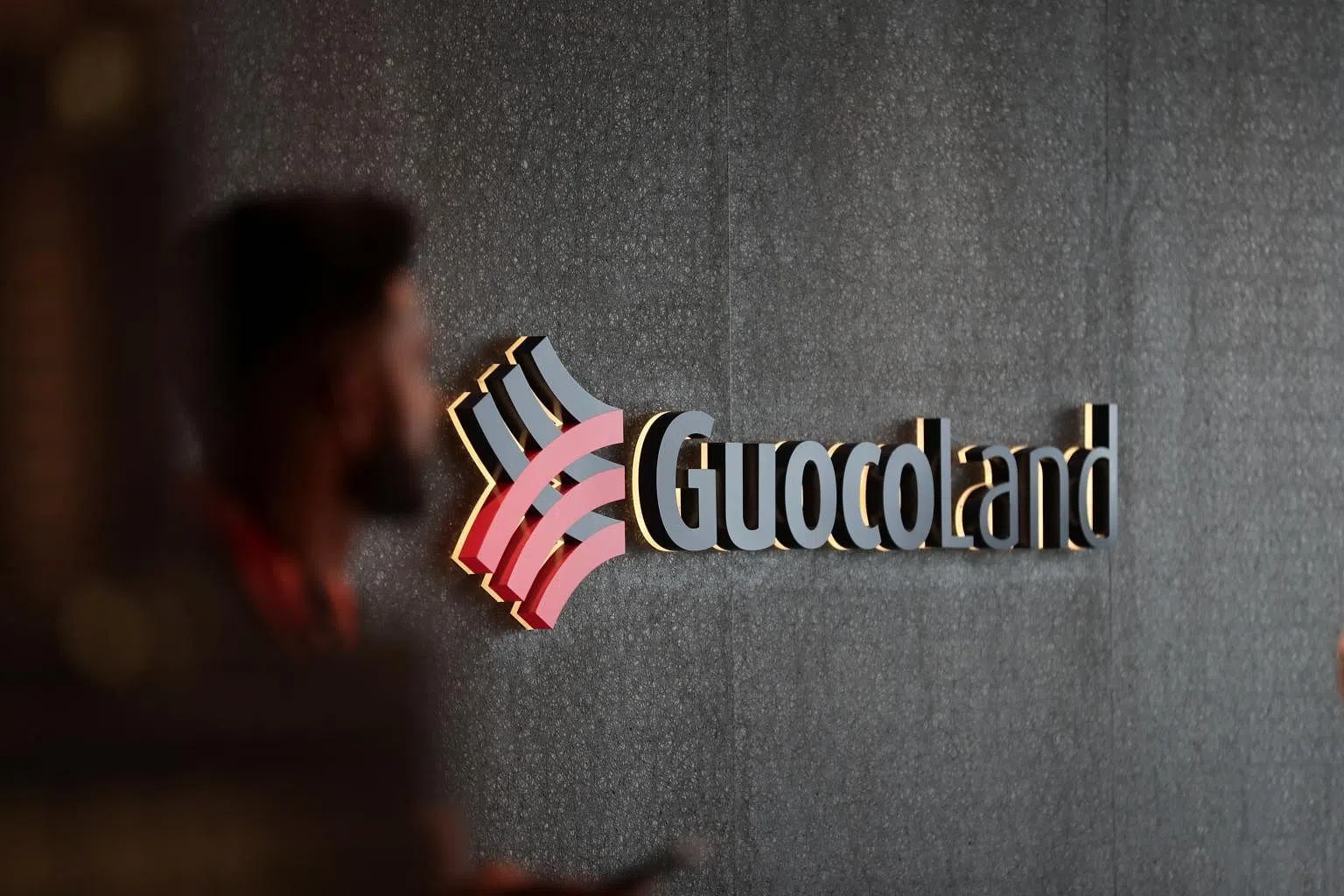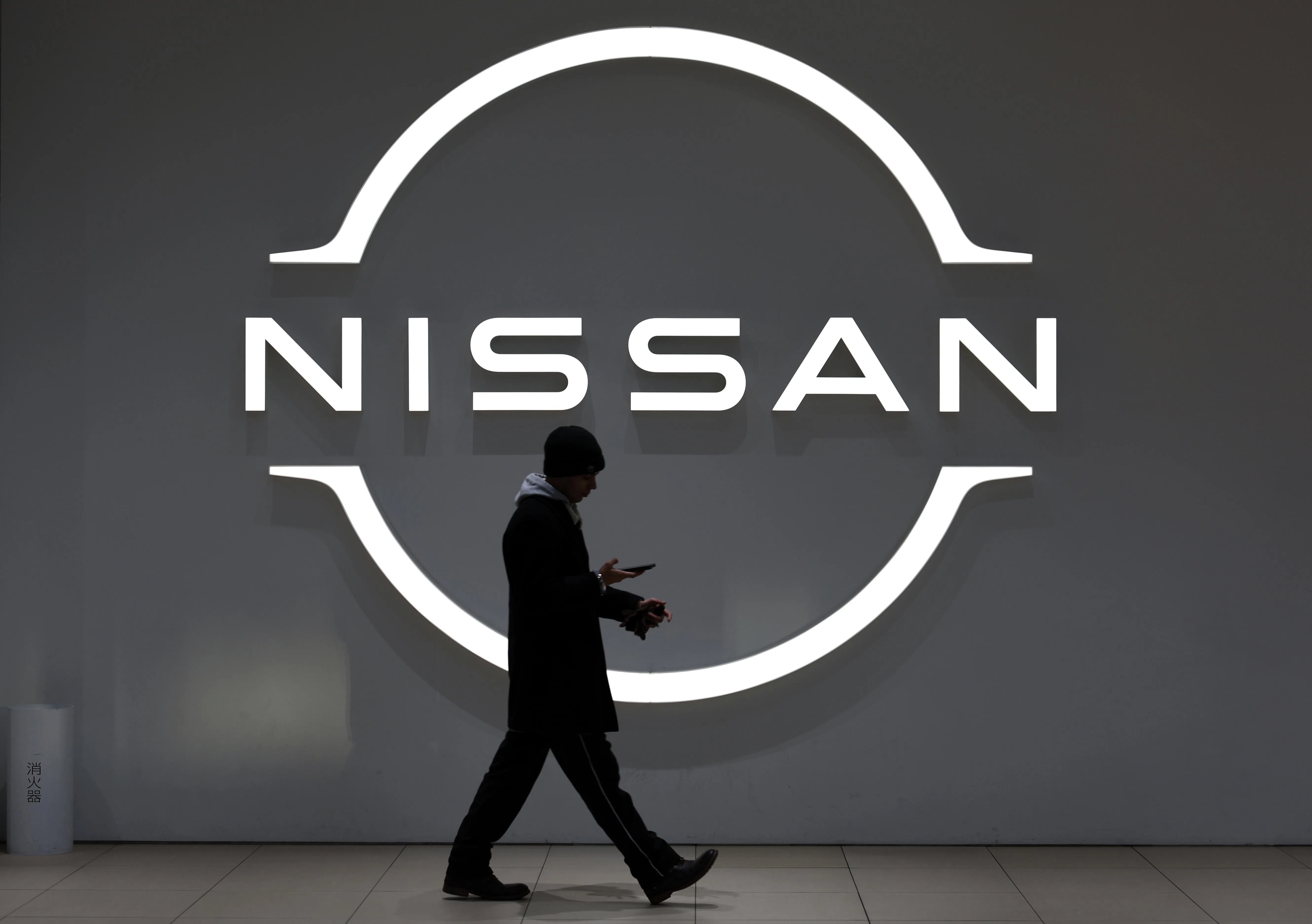MALAYSIAN Resources has withdrawn from a consortium that is bidding for a proposed multi-billion dollar high-speed rail (HSR) line between Kuala Lumpur and Singapore, according to one of its partners, Berjaya Group.
Malaysian Resources decided to withdraw from the consortium “to pursue other strategic opportunities”, Berjaya said. Malaysian Resources could not immediately be reached for a comment.
The consortium includes Berjaya Rail, Keretapi Tanah Melayu, IJM and technical partners such as Deutsche Bahn, Hitachi Rail and Hyundai Rotem, Berjaya said.
“We remain steadfast in our mission to deliver a world-class HSR system that will transform regional connectivity and economic development for Malaysia and to help the nation’s successful transition towards green mobility in the form of the high-speed rail,” said Vincent Tan, Berjaya Corp’s founder and advisor.
Malaysia’s government already shortlisted three of seven consortiums that submitted proposals after issuing a so-called request for information late last year, Minister of Transport Anthony Loke said in July, declining to identify the companies involved.
Separate proposals led by YTL, Berjaya Land, and China Railway Construction Corporation have been shortlisted for the project, local news outlet The Edge reported in March, citing sources it did not identify.
Plans for the 350-kilometre rail line between Kuala Lumpur and Singapore were first approved in 2013, but then scrapped seven years later because of disagreements over costs and other matters.
The rail line – which seeks to cut travel time between the two cities to 90 minutes from more than four hours by car – was estimated to cost as much as RM100 billion (S$30 billion) as a government-funded project. Loke suggested that the cost could be lower depending on the proposal that the government selects.
Berjaya Rail’s chairwoman is Tun Aminah Sultan Ibrahim, the daughter of Malaysia’s king, Sultan Ibrahim Iskandar of Johor, the country’s southernmost state that borders Singapore. Sultan Ibrahim has been pushing for the revival of the high-speed rail project. BLOOMBERG






